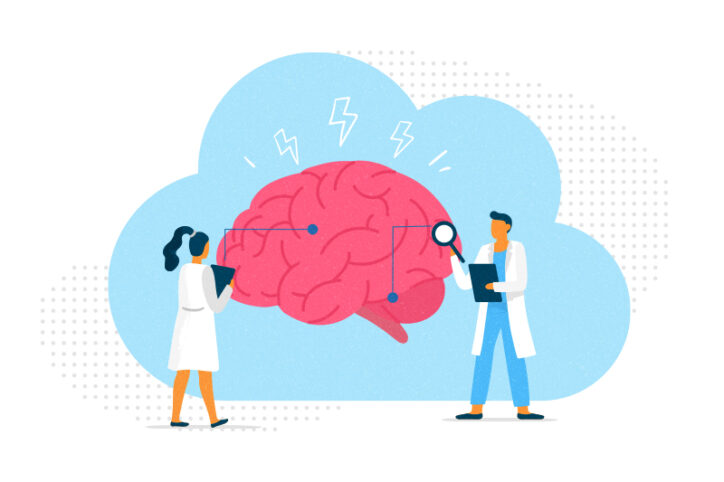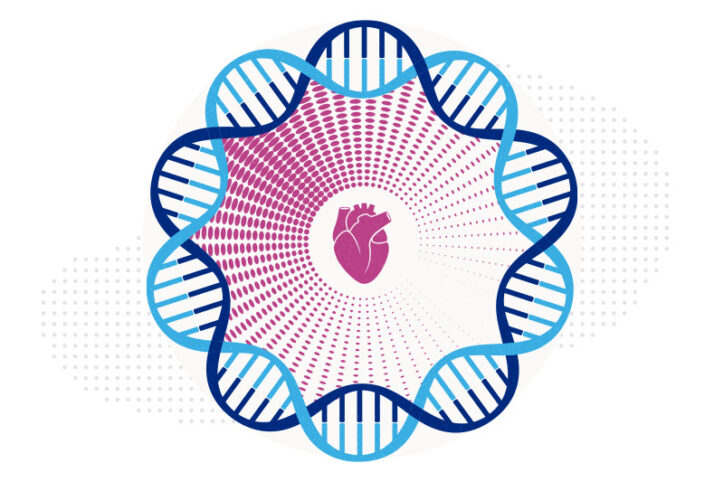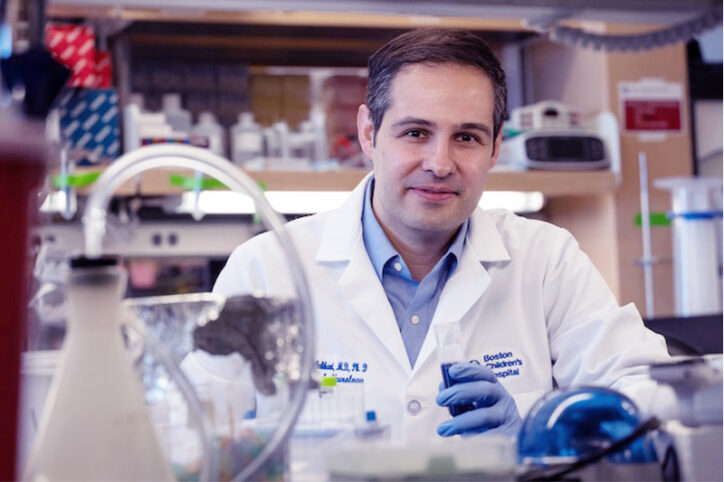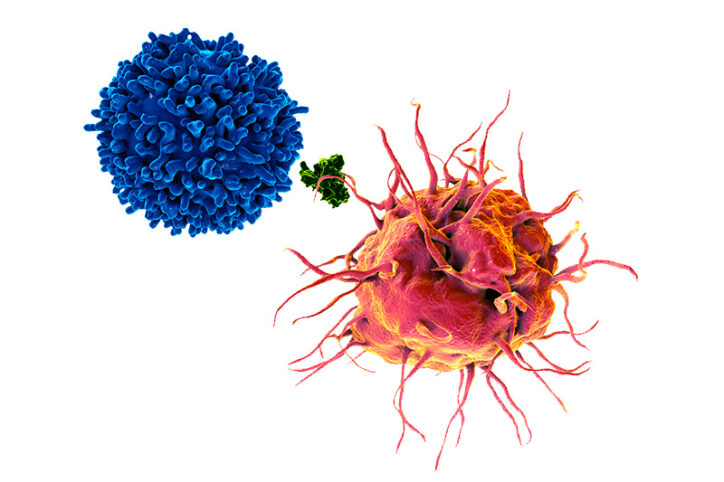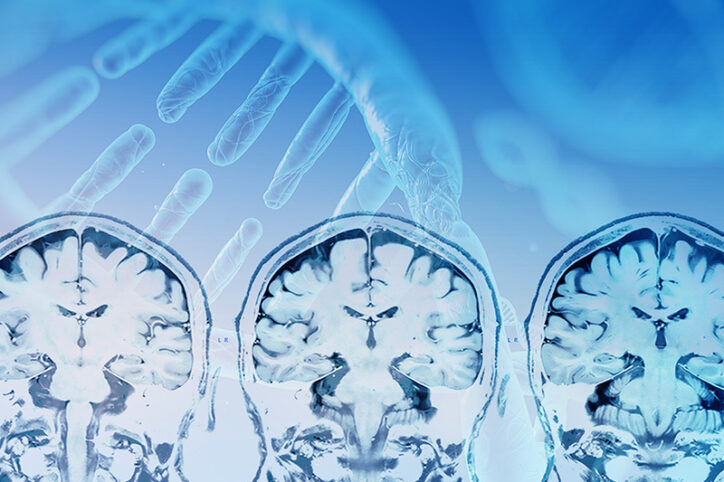Exploring brain operations: Making decisions, snapping to attention, and forming memories
How do our brains snap to attention and orient us to the outside world — like when we’re sound asleep and the smoke alarm goes off? And when different choices confront us, how does our brain make decisions? Two groups of researchers at Boston Children’s explored these all-important brain operations. The first study, published February ... Read More about Exploring brain operations: Making decisions, snapping to attention, and forming memories
In the genetics of congenital heart disease, noncoding DNA fills in some blanks
Researchers have been chipping away at the genetic causes of congenital heart disease (CHD) for a couple of decades. About 45 percent of cases of CHD have an identifiable cause, including chromosomal abnormalities, genetic variants affecting protein-coding genes, and environmental factors. What about the rest of the cases of CHD? Noncoding DNA elements have long ... Read More about In the genetics of congenital heart disease, noncoding DNA fills in some blanks
The journey to a treatment for hereditary spastic paraplegia
In 2016, Darius Ebrahimi-Fakhari, MD, PhD, a neurology fellow at Boston Children’s Hospital, met two little girls with spasticity and decreased muscle tone in their legs, which affected their walking. Both girls, Robbie Edwards and Molly Duffy, had been diagnosed with hereditary spastic paraplegia (HSP), a group of more than 80 genetic conditions. Untreated, the ... Read More about The journey to a treatment for hereditary spastic paraplegia
Microvillus inclusion disease: From organoids to new treatments
Microvillus inclusion disease (MVID) is a rare type of congenital enteropathy in infants that causes devastating diarrhea and an inability to absorb food. Infants can lose liters of fluid a day, become severely dehydrated, and stop growing. There is no specific treatment. “Until about 10 years ago, 50 percent of kids with MVID would die ... Read More about Microvillus inclusion disease: From organoids to new treatments
Exposing a tumor’s antigens to enhance immunotherapy
Successful immunotherapy for cancer involves activating a person’s own T cells to attack the tumor. But some tumors have a trick: They hide themselves from the immune system by preventing their antigens from being displayed, a necessary step in activating T cells. In new work published in Science, researchers in the Program in Cellular and ... Read More about Exposing a tumor’s antigens to enhance immunotherapy
When diagnosis is just the first step: The Brain Gene Registry
Through advances in genetic sequencing, many children with rare, unidentified neurodevelopmental disorders are finally having their mysteries solved. But are they? “Once families receive results of genetic testing, that’s just the beginning of a new journey,” says Maya Chopra, MBBS, FRACP, an investigator with the Rosamund Stone Zander Translational Neuroscience Center at Boston Children’s Hospital. ... Read More about When diagnosis is just the first step: The Brain Gene Registry


